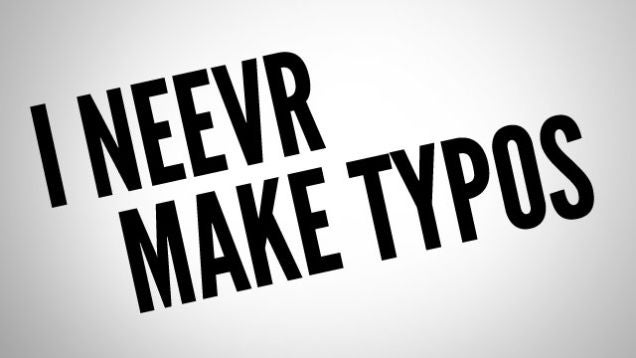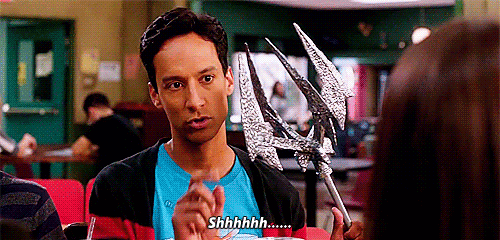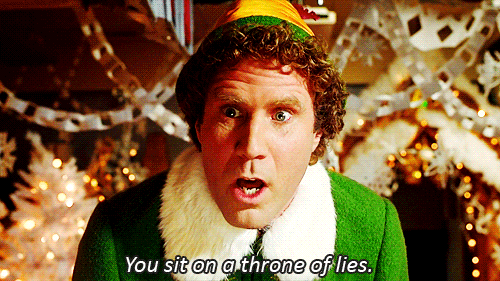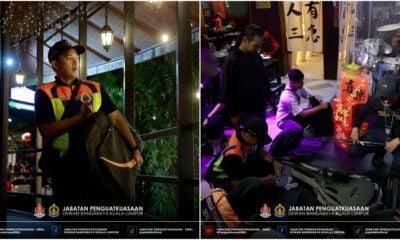We often send out hundreds of resumes over our careers, applying for just about every kind of job. Sometimes we get called in for interviews, but at times we get straight out rejected and our applications gets ignored.
With all the great qualifications, experience and persistence, ever wondered why sometimes our resumes might be rejected by companies?
“I have seen A LOT of resumes. Some are brilliant, most are just ok, but many are DISASTERS.”
– Laszlo Bock, former SVP of People Operations at Google.
“For 15 years, I’ve continued to see the same mistakes made again and again by candidates. What’s most depressing is that I can tell from the resumes that many of these are good, even great, people. But in a fiercely competitive labor market, hiring managers don’t need to compromise on quality. All it takes is one small mistake and a manager will reject an otherwise interesting candidate,” said Bock.
He has, therefore, revealed the 5 biggest errors that will immediately get your resume rejected in hopes of helping more candidates make it past the first resume screen.
1. Typos
You may laugh at this one but it happens over and over again. A 2013 CareerBuilder survey found that 58% of resumes have typos!
People who keep fine tuning their resumes are more vulnerable to this kind of mistake, as you keep going back and forth repeatedly; in doing so, sometimes not realizing dates getting knocked out of alignment, or a subject and verb suddenly don’t match up, or a period is left in the wrong place.
These are usually interpreted as a lack of detail-orientation, or a failure to care about quality. You should always have someone proofread closely for you OR read your resume from bottom to top. By reversing the normal order, it helps you focus on each line in isolation.
2. Length
A good rule of thumb, according to Bock, is “one page of resume for every 10 years of work experience”. Doesn’t sound too easy huh? Most of us would prepare a whole portfolio of the work we have done, or conversely, summarize our work in one paragraph.
A crisp, clear, focused resume demonstrates an ability to prioritize, summarize, and convey the most important information about you. Remember: the sole purpose of a resume is to get you an interview. Once you’re in the room for the interview, your resume doesn’t matter much. So cut back your resume. It’s too long!
3. Formatting
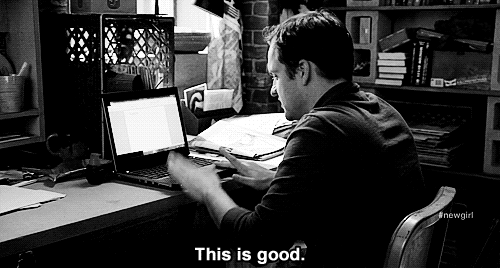
Remember, employers have to screen through tens or hundreds or applicants, so a clean, clear and legible resume will bump your chances up!
Unless you’re applying a job as a designer or an artist, simple and clean formatting should be your goal – at least ten point font, at least half-inch margins, black ink on white paper, consistent spacing between lines, columns aligned, your name and contact information on every page. Make sure to remember that formatting can get garbled when moving across platforms so always save it as a PDF document!
4. Confidential Information
Most of us will not realise this but Bock had said, “In a very rough audit, we found that at least 5-10% of resumes reveal confidential information”.
If the former firm where you worked at had a strict confidentiality policy, such as client company names that were never to be shared, then you’d be rejected if you included those in!
There is a conflict between your employer’s needs (keep business secrets confidential) and your needs (show how awesome I am so I can get a better job). No employer would want to risk hiring you, unless they want their own trade secrets emailed to their competitors. Be careful when you try to ‘flaunt’ your capabilities on your resume.
5. Lies
Never, ever, ever, EVER, lie on your resume. People have lied about their degrees, their GPAs, where they went to school, how long they were at companies, their sales results, all in order to be in their favor.
In Malaysia, there’s are shockingly a lot who list down the subjects/courses they’ve taken during university as experience or skill. If you did not gain any actual skills during that one semester class, then don’t bother putting them in. Yes, your resume may look extensive, but one phone call interview is all it takes for you to be eliminated right away.
Lies get EASILY busted whether through a quick scan of the resume, the Internet, reference checks, or even a simple phone call interview.
As most resumes often include these kinds of mistakes, avoiding them would certainly make you stand out! So the next time you edit your resume, be sure to check for all these basic, yet often amiss, errors. Good luck to all future job applicants out there! May the force be ever in your favor in this increasingly competitive labor market.


